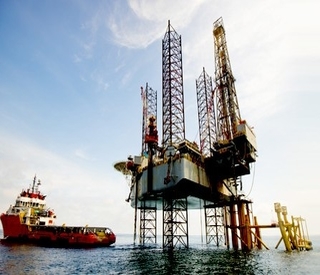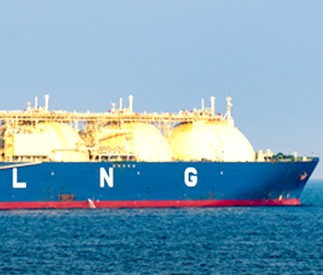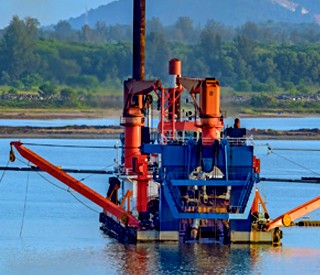Search Blog
POPULAR BLOGS
Carbon capture and storage on ships
Carbon capture & storage systems (CCS) on ships is an emerging technology with the potential to significantly reduce the maritime industry's greenhouse gas emissions. It involves capturing carbon dioxide (CO2) from ship exhaust gases and storing it onboard for disposal. This is already a proven solution in onshore industries.
- #Vedam #CarbonCapture #GreenMaritime
Enhancing Aquaculture Stability: A Comprehensive Approach to Mooring and Structural Assessment
Cage aquaculture has become a cornerstone of marine fish farming, but as operations extend further offshore, they encounter escalating challenges from ocean currents and waves. This article presents an in-depth examination of a meticulous approach to evaluating the mooring and structural integrity of fish cages. By prioritizing optimization and strict adherence to industry standards, Vedam offers a robust framework for achieving equitable and resilient outcomes.
The Perfect Balance: Emission Reduction through Trim Optimization
The global shipping industry plays a crucial role in our interconnected world, but it also faces a significant challenge: reducing its contribution to greenhouse gas (GHG) emissions. Shipping accounts for 2-3% of global GHG emissions, nearly equivalent to Germany, the world's sixth biggest emitter. This figure is under increased scrutiny by international organizations, and the latest targets set by the International Maritime Organisation (IMO) highlight the urgency for emission reduction, aiming for net zero by 2050.
- #TrimOptimization
Engineering Innovation: Safely Carrying Methanol and PPD in Maritime Operations
In the ever-evolving maritime industry, transporting hazardous chemicals like Methanol and PPD presents unique challenges. However, recent advancements in engineering have opened new possibilities for safely carrying these substances onboard vessels. Vedam is proud to be at the forefront of this innovation, as demonstrated by our recent groundbreaking project in modifying an OSV vessel to meet the stringent chartering requirements of an oil major.

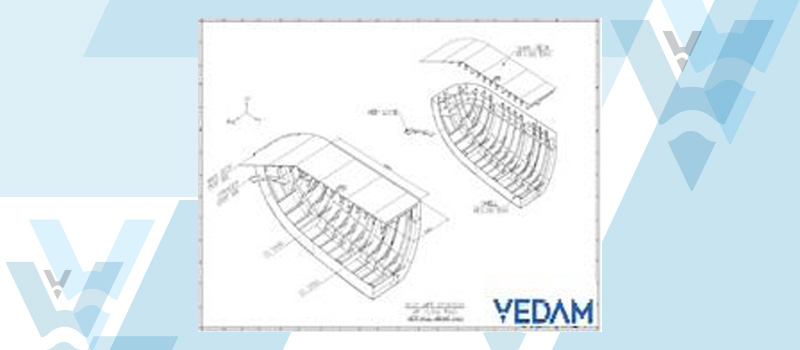

.png)
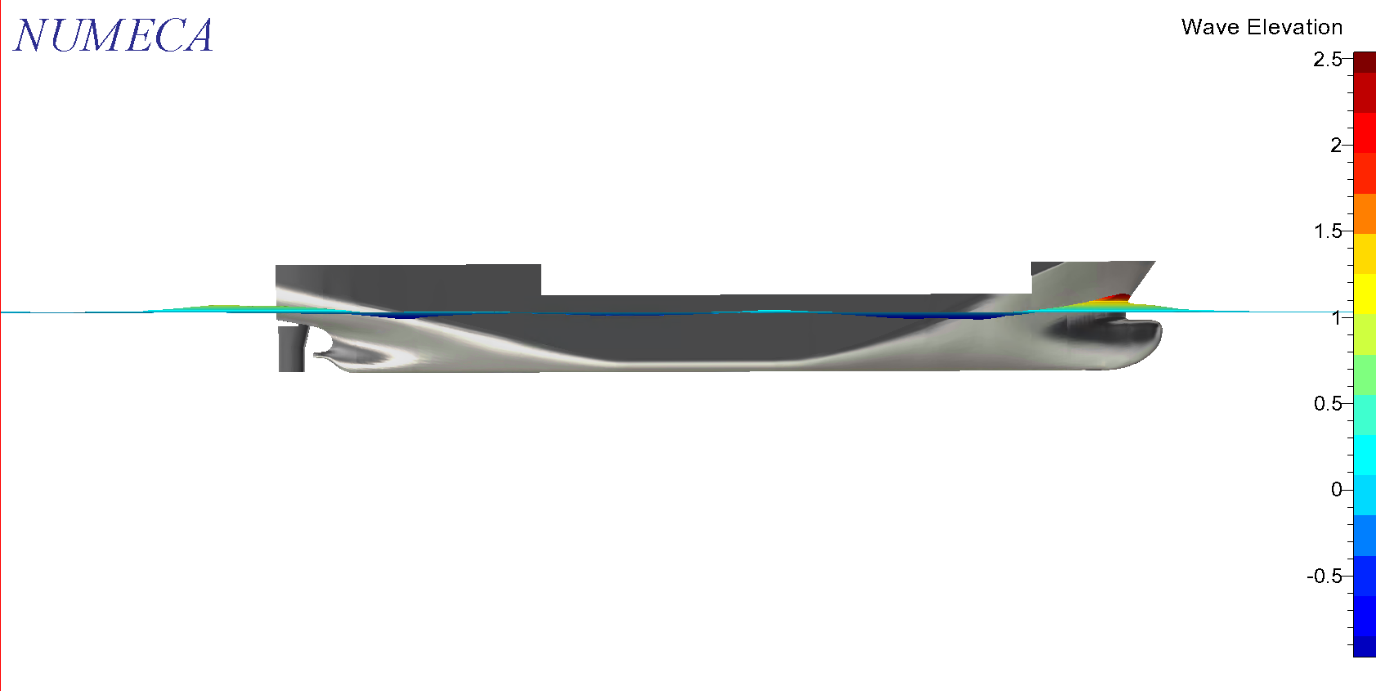




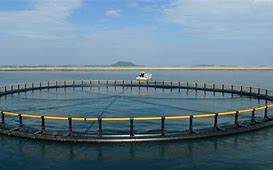
.png)
.png)
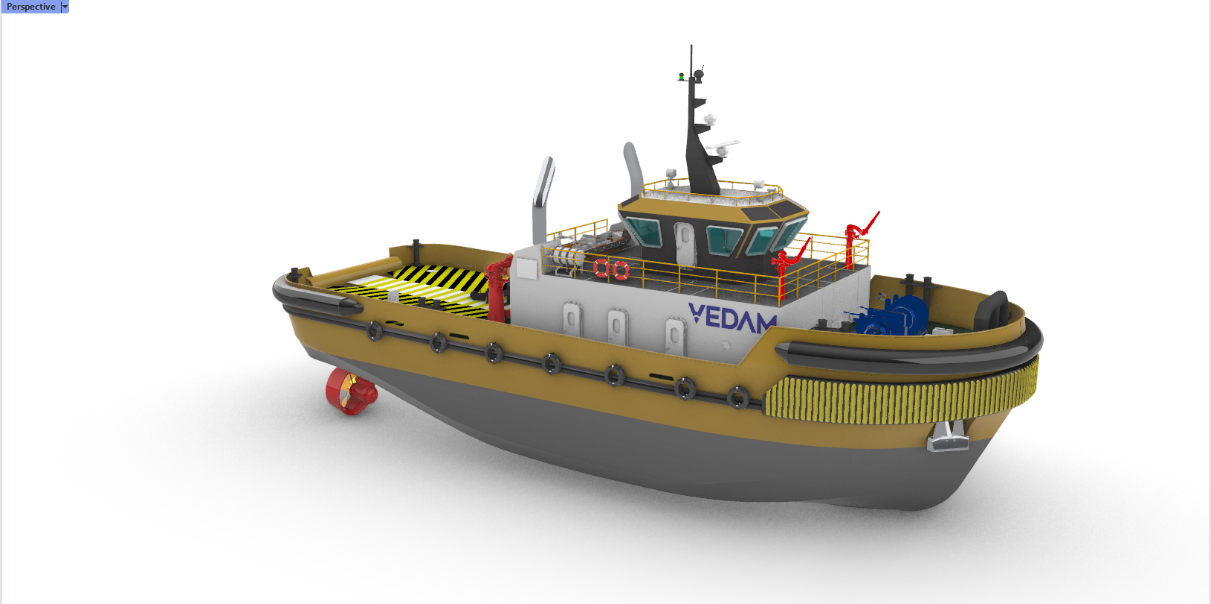
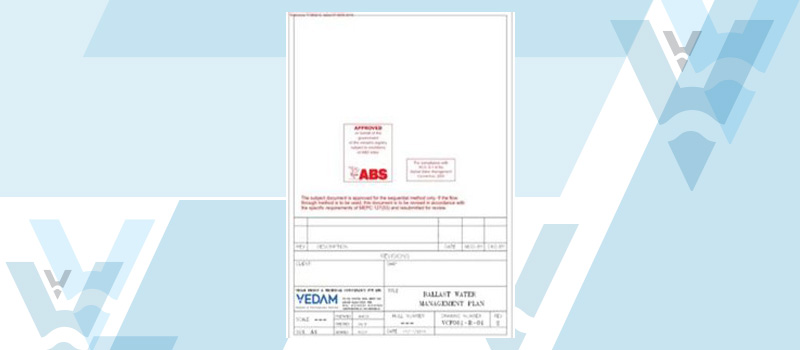
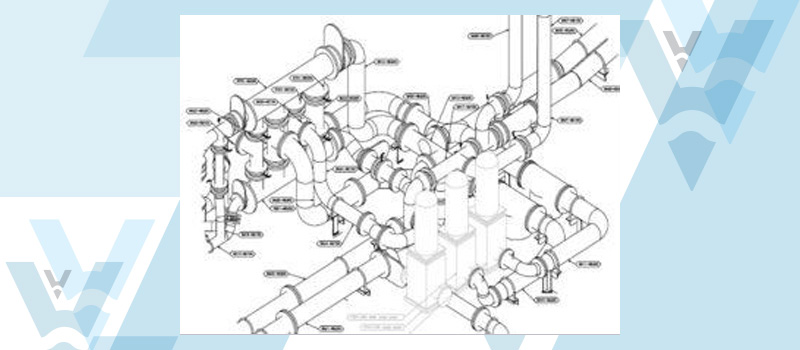
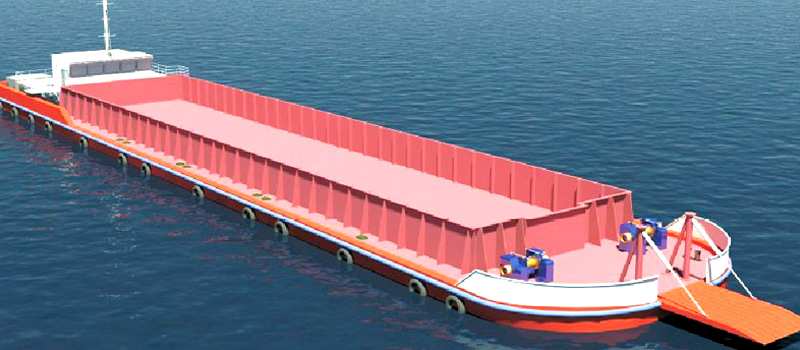

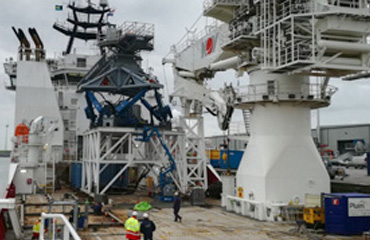
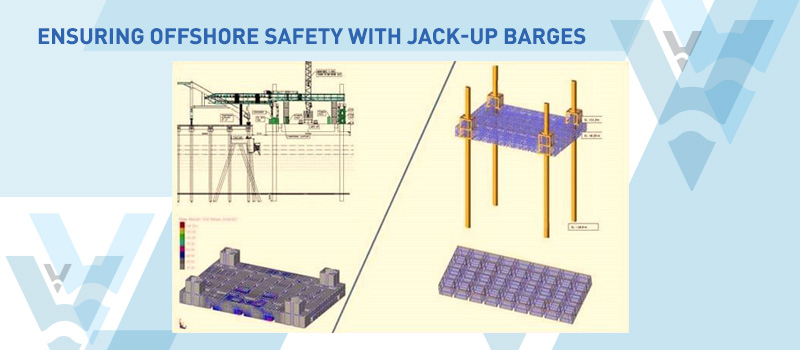
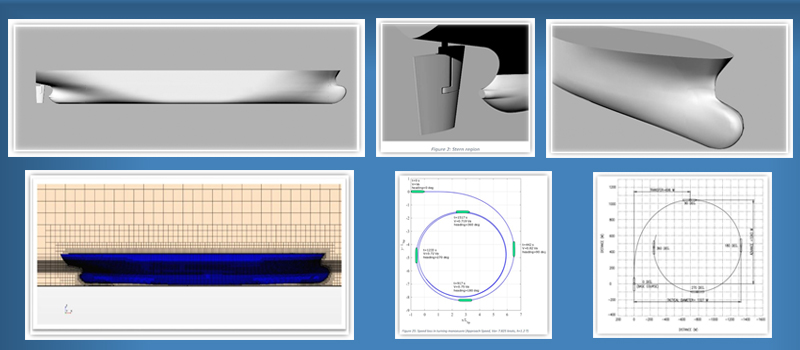
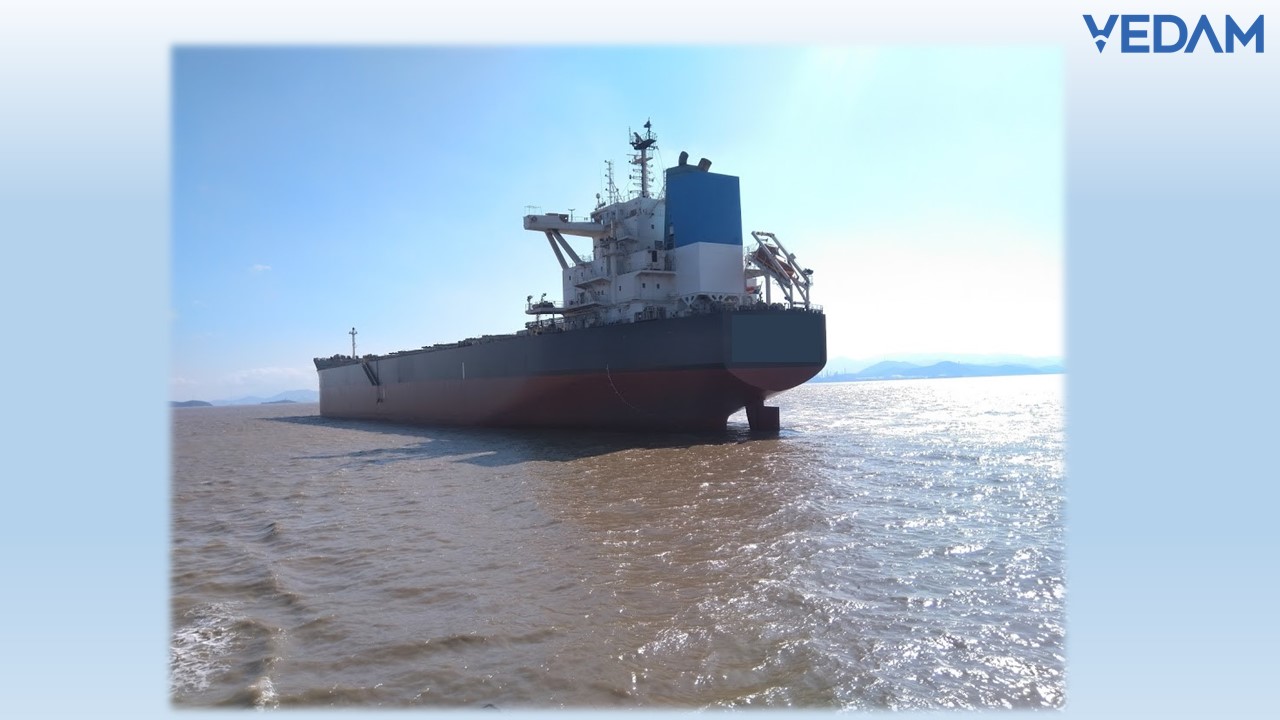
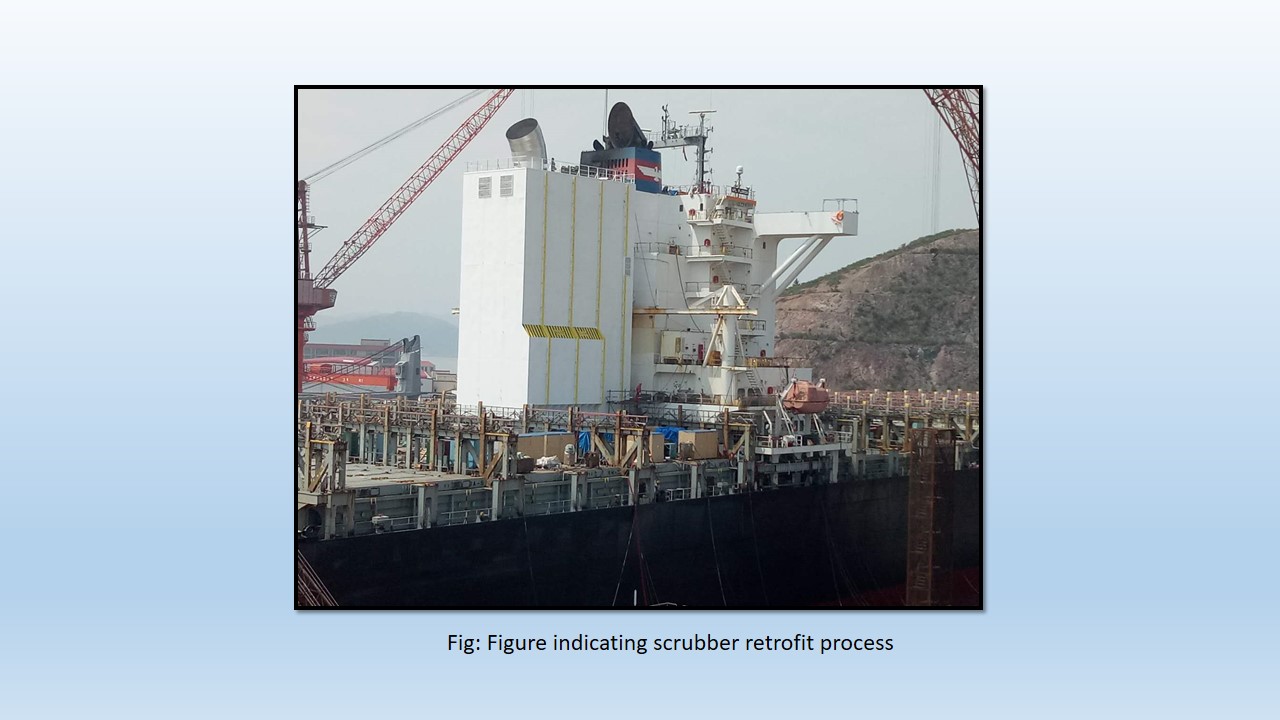

.png)
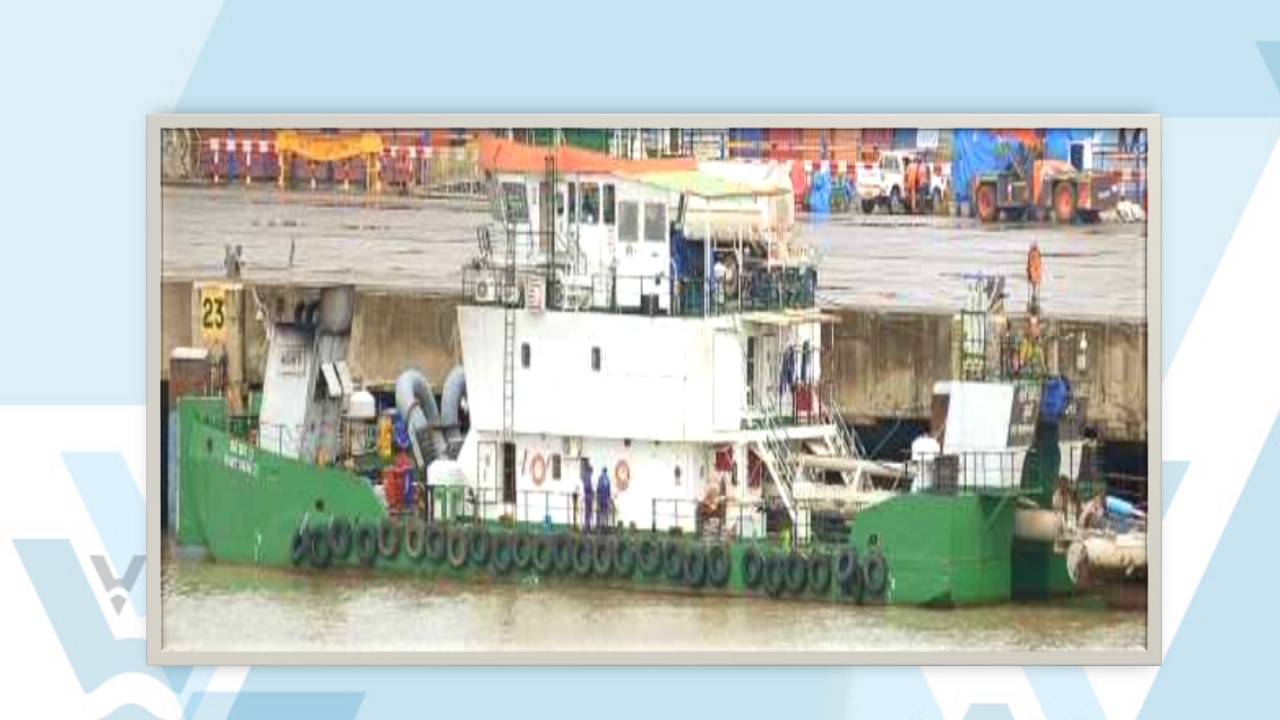
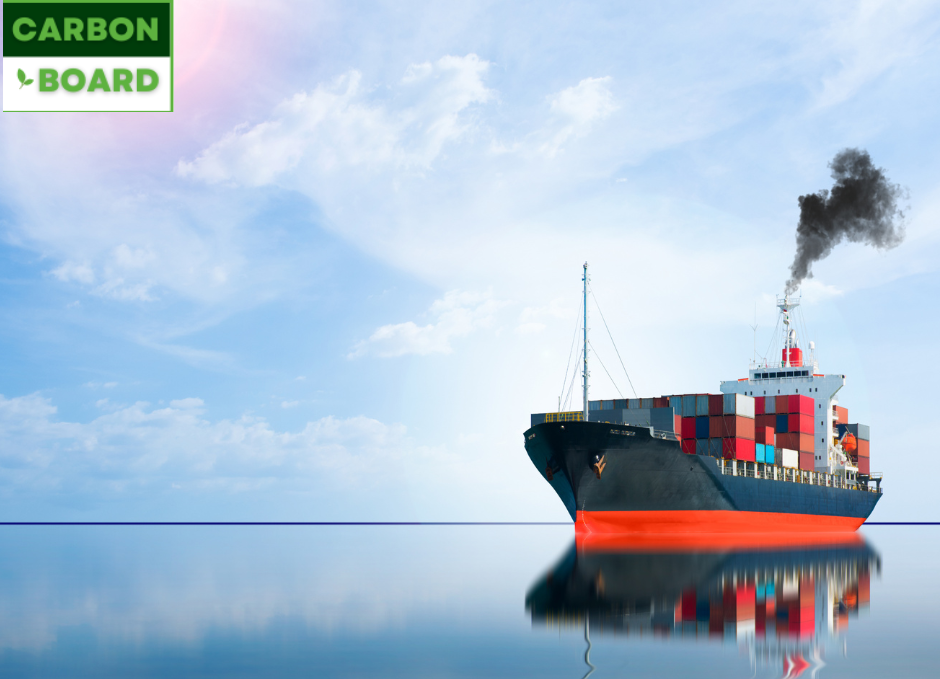

.jpg)
